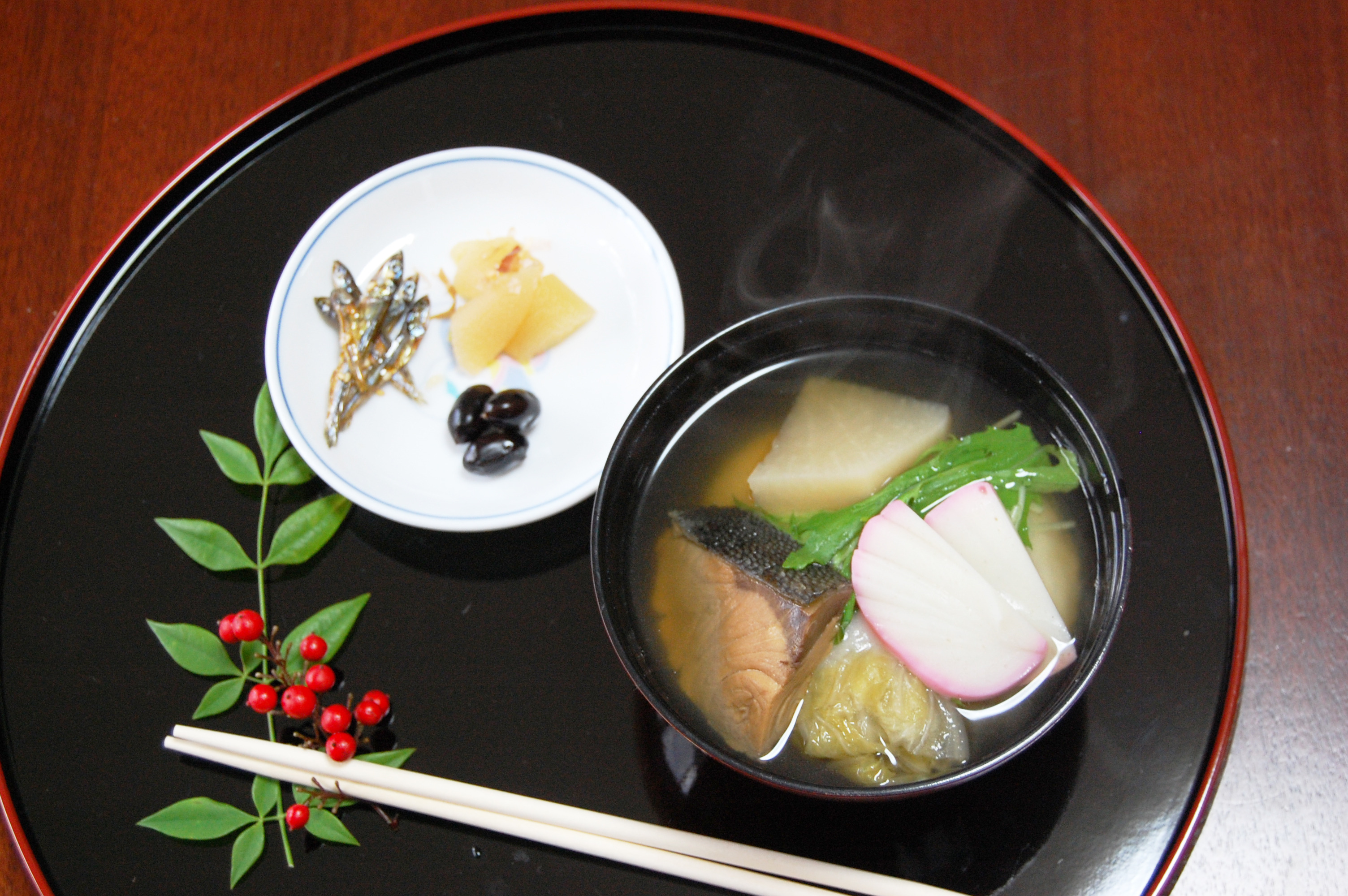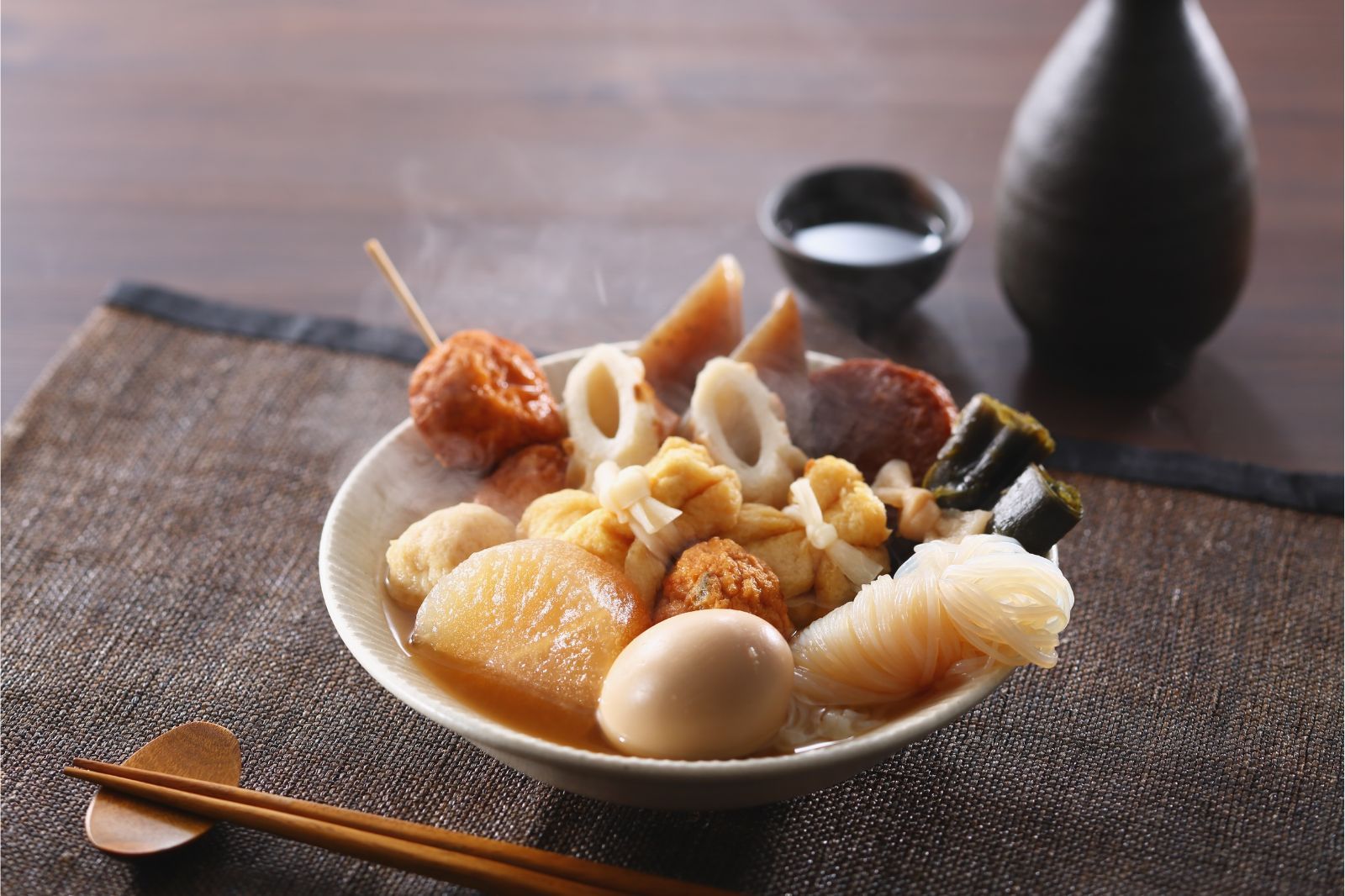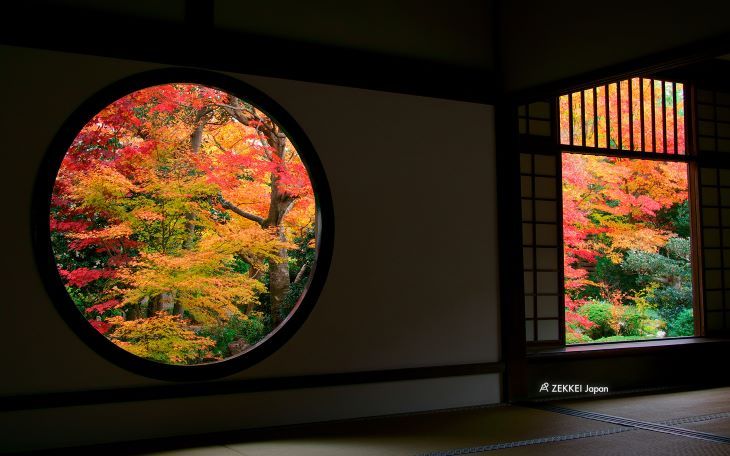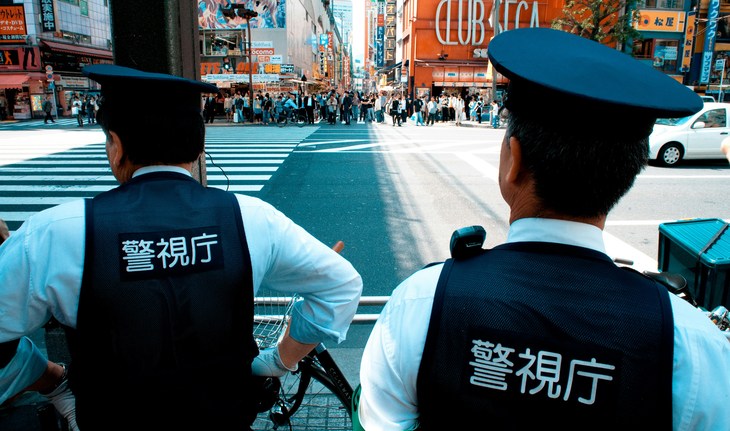Is Japanese Really So Difficult to Learn?
If you're planning on visiting or moving to Japan, you are probably wondering if it is important to start learning Japanese before you make the trip over. While in major cities like Tokyo, you will find people who speak English or other languages that can help you out and much of the signage is also in English (and sometimes Chinese or Korean), the reality is that outside of major hubs, most Japanese people can only speak Japanese. This means that having at least a basic understanding of Japanese is a good idea if you want to have the best experience possible when you visit Japan. And if you are planning on moving to Japan, this becomes infinitely more important.
But with a writing system that may be unlike anything you've ever used before, a grammatical structure that is the opposite of languages like English, and tons of words that sound the same but have completely different meanings, the idea of learning Japanese can be extremely daunting when you are first starting out.
So let's look at some of the aspects of the Japanese language that usually pose a challenge for new learners, as well as talk a bit about how you can overcome these challenges through Japanese lessons.
The Biggest Challenges in Japanese
There are a few different aspects of Japanese that can make it more difficult to learn or master, depending on what your native language is. Here are some of those aspects and why they can make trying to learn Japanese seem like a challenge.
・There are 3 Different "Alphabets"
Japan uses three different writing systems for all aspects of life: kanji, hiragana, and katakana. Kanji are adopted Chinese characters, while hiragana was developed in the early Heian Period (794-1185) by essentially simplifying some of the most common kanji. Katakana was developed a little later based on hiragana and is commonly used for words that have been adapted from other languages, onomatopoeia, and some other uses. Almost any sentence you will see written in Japan will use some combination of these three scripts.
If you can read and write these three systems, it actually makes sentences more concise and easier to read, but if you can't read them then it makes life infinitely more difficult.
Luckily, hiragana and katakana (known collectively as kana) are syllabic, meaning each kana represents a specific sound. This actually makes learning to read and write hiragana and katakana relatively easy.
On the other hand, there are no easy shortcuts for learning kanji because thousands are used regularly in daily life and most kanji have multiple readings. Japanese people themselves spend years memorizing kanji and will still stumble across ones they do not know how to read. This is by far one of the biggest barriers for someone learning Japanese, at least as far as reading and writing are concerned.
・A Different Grammar Structure
Depending on what your native language is, Japanese sentence structure may be opposite to what you are used to.
For example in English, a normal sentence is made up of subject-verb-object. But in Japanese, the normal sentence structure is usually subject-object-verb. It's almost the reverse of English! So when you first start learning the language, these differences can make putting a sentence together tough.
But once you start learning and understanding the Japanese grammar systems, it will become second nature to put sentences together in the correct, natural order.
・The Language is Full of Homonyms
Japanese is absolutely full of homonyms (words that sound the same but have different meanings) that are used regularly. For example, the Japanese word for bridge is "hashi," while the Japanese word for chopsticks is also "hashi." The intonation and stress of the two words are different, but when you are just starting to learn the language it can be hard to distinguish those small differences. Plus, there are often homonyms in Japanese that are pronounced exactly the same, so the only way you could know which meaning is meant is by understanding the context of the word within the sentence.
If you are reading Japanese, you'll notice these words usually have different kanji, so misunderstanding them in that context isn't usually a problem (assuming you can read kanji, which is a time-consuming process). This tends to be a more difficult aspect of speaking or listening to Japanese. As you practice Japanese more and more and can come to understand the context in which words are said, it should hopefully become easier for you to distinguish which "hashi" the person you were speaking to meant.
・Polite Speech is A Big Part of Conversation
Japanese has an honorific speech system known as "keigo." In Japan, it is important to use different vocabulary, honorifics, and verb conjugations depending on the situation. The words you use or how you speak with your boss, superiors, coworkers, customers, or friends will all vary depending on your relationship with them. Speaking using language that is too casual with your boss may cause offense, while speaking formally or politely with friends may make you seem cold.
This aspect of Japanese is something that learners will usually struggle with, as it can be unclear how polite you should be with someone if you haven't been raised in the culture and absorbed these unwritten rules over the years. Sometimes Japanese people even make mistakes with keigo, so this is something that can be hard to overcome.
That being said if you are just visiting Japan or live in Japan but don't need to use Japanese regularly at work, people will usually be understanding if you make mistakes with your speech and are not as polite or casual as you should have been depending on the situation. But if you are planning on working in customer service, for example, correct keigo is absolutely vital to doing your job correctly and providing quality customer service, so you will need to take the time as you are studying Japanese to study what phrases and words to use in these situations so that you do not offend anyone.
When you first start learning Japanese, you will likely learn the ~masu and ~desu endings of verbs and sentences. If you are not sure what degree of politeness is appropriate in a given situation, just stick to these! They're polite enough and shouldn't get you into any trouble.
・"Japanglish" and Loan Words from Other Languages
In Japan, "Japanglish words" (known as wasei-eigo in Japanese) are words that come from English but are used in a Japanese way and often not true to the original English meaning. This can cause a lot of misunderstandings between English speakers and Japanese people because sometimes the meanings of these words are used in a way in Japan that they would not be used in English-speaking countries.
For example, french fries are called "fried potatoes" in Japan. So if you ask for "French fries," oftentimes Japanese people won't understand you. Reversely, in Japanese, an office worker is usually referred to as a "salaryman," which is not a term used in English.
・There Are Many Different Dialects
Every prefecture in Japan seems to have its own dialect, with some being harder to understand than others. For example, the Okinawa dialect is unique to Okinawa and so sometimes it sounds like a completely different language to Japanese people from other parts of the country.
This means that even if you have studied some Japanese and think you have a good grasp of it, you may end up in parts of the country where people are speaking in a way you can't understand very easily.
Luckily, this isn't as big of a hurdle as it may seem. If you are a tourist in one of these places, any tourist information center will have staff that speak standard Japanese, and many information centers in urban centers will have English-speaking staff as well. Besides some elderly citizens, most people in any given part of Japan are capable of communicating in standard Japanese.
Try Taking Japanese Lessons!
If you are truly interested in learning Japanese, we at Tokyo Apartment Inc. offer Japanese lessons taught by certified Japanese language educators. You can take private, fully customizable lessons that match what you want to learn. Want to focus on kanji and reading? Learn business Japanese and master keigo? Are you interested in learning everyday conversational Japanese or even learning a bit about Japanese history? We can cater our lessons to whatever aspect of the language you want to improve on.
We can provide lessons to Japanese learners of all levels, ranging from beginner to advanced. In-person lessons cost ¥3000+tax per hour, while online lessons cost ¥2000+tax per hour.
If you are interested in taking lessons with us, contact us via email here:
Seiya Kato : seiya.kato@tokyoapartmentinc.com
If you are planning on moving to Japan, you might think that you don't need Japanese, especially if you're moving to the country to do something like teach English. But in emergencies or unexpected situations, if you don't speak Japanese, life will be much more difficult in Japan. While it may seem daunting to learn Japanese based on all of the difficult aspects of the language, they can all be overcome by taking the time to study and practice the language before you come to Japan as well as once you arrive.
So yes, Japanese can be a difficult language to learn if you do not put in the effort. But as long as you do put in the effort by really studying, be it by taking private lessons or going to a language school, you will be able to master Japanese and have a much more rewarding time in this country.




























